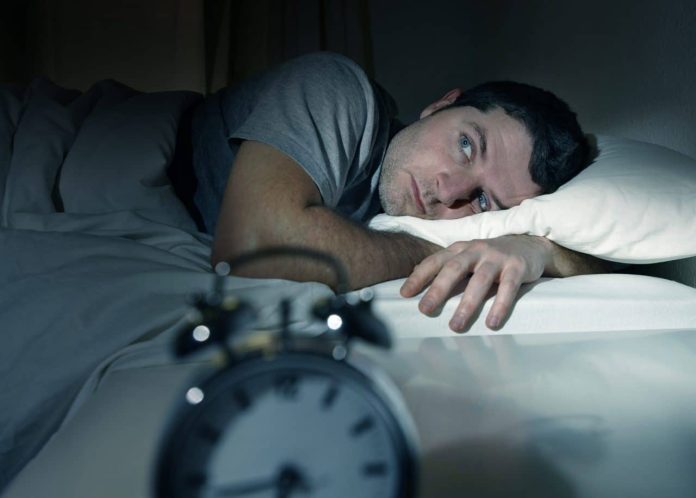If you or your partner notice a pattern of pauses in breathing or snoring during the night, it’s time to talk with your doctor. This can be an early warning sign that you have sleep apnea, which is dangerous. Obstructive sleep apnea happens when the muscles in the back of your throat relax so much that they block your airways during sleep.
1. Excessive Daytime Sleepiness
If you have sleep apnea, it can cause you to feel very tired during the day. It can also make you snore, stop breathing or feel as if you have trouble concentrating.
It can also cause people to sleep longer than normal during the day or nap too often. This is called excessive daytime sleepiness (EDS). A well-liked method for waking up during the day is Modvigil 200 Buy Online. Modafinil effects are becoming more noticeable.
Excessive daytime sleepiness can be caused by a variety of conditions, including narcolepsy and obstructive sleep apnea. It can also be a side effect of certain medications, such as those that treat depression or bipolar disorder.
If you have EDS, you may want to consider getting a sleep study to find out what is causing it. This can help you and your doctor determine the best treatment option for you.
2. Difficulty Concentrating
Having trouble concentrating can be challenging, especially if it affects your school or work. Whether it’s due to an attention disorder, stress, or a medical issue, it’s important to find out what’s causing your difficulties and get it treated. Like all other nootropic medicines, the purpose of Artvigil 150 Australia tablets is to enhance the brain, attentiveness, and vigilance.
Sleep apnea disrupts the normal rhythm of breathing during sleep. These pauses in breathing repeat five to 30 times an hour, causing fragmented sleep and feeling tired during the day.
Symptoms of sleep apnea include snoring, gasping for breath, and jerking body movements when these breathing pauses occur. These episodes can disrupt your ability to reach the deep, restorative stages of sleep.
3. Frequent Nighttime Sweating
Sweat is a natural body reaction that helps regulate our body temperature. But when it happens frequently during sleep, that can become a problem.
If night sweats occur more often than once a week and they drench your sheets and pajamas, you might want to visit your healthcare provider to see if they need treatment. This is especially true if they occur with other symptoms, such as fever, weight loss, or fatigue.
Night sweats can also be caused by certain medications, menopause, low blood sugar, or hormone problems. If you have these problems, your doctor may recommend tests to find out what’s causing them. These include a complete blood count, purified protein derivative test, chest radiograph, and thyroid-stimulating hormone testing. These tests are not expensive and can help doctors find the underlying cause of your symptoms.
4. Difficulty Breathing
When you sleep, your throat muscles may collapse so much that not enough air can get into the lungs. This is known as obstructive sleep apnea.
Then, the brain senses that you can’t breathe, so it forces you to wake up so it can reopen your throat and re-insure you have air in your lungs.
If this happens repeatedly during the night, it can disrupt your sleep and lead to a wide range of health problems.
When you have these symptoms every night, you probably should see your doctor to discuss treatment options. Typically, you’ll need to make lifestyle changes and use a CPAP machine or oral device to help normalize breathing during sleep.
5. Difficulty Getting to Sleep
Sleep apnea causes people to wake up several times during the night as they struggle to breathe. This happens because the muscles in the back of your throat relax, narrowing or closing your airway as you breathe in and out.
This can lower your oxygen level, and you often feel like you’re choking when these moments of apnea occur. This brief awakening usually doesn’t last long and isn’t something you remember, but it can wreak havoc on your sleeping patterns.
If you find it difficult to fall asleep, try doing something relaxing before bedtime, such as reading or listening to music. Avoid watching TV or using a computer, tablet, or cell phone before going to bed.


